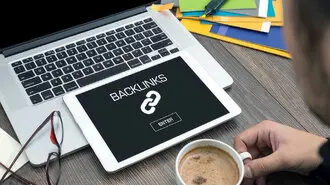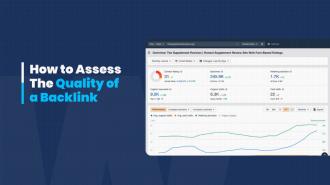Summary / TL;DR
Off-page SEO refers to actions taken outside a website to influence its rankings in search engine results, primarily through building credibility and relevance. Key off-page factors include backlinks, brand mentions, social signals, citations, and online reviews. Backlink quality depends on authority, relevance, volume, and anchor text, which signal trust to search engines. Brand mentions and positive reviews also enhance perceived reliability, especially for local SEO. Social media engagement adds visibility, while platforms like Google Business Profiles and forums improve local rankings and user interactions. Strategies for better off-page SEO include quality link building, influencer campaigns, guest posting, and consistent citation practices.
Thanks to the rapid growth of the internet, businesses today have come to rely more on digital marketing strategies like Search Engine Optimisation (SEO).
SEO isn’t exactly a new concept in marketing—it’s been around for ages. However, as search engine frameworks have evolved, the scope of SEO has expanded considerably, offering more opportunities for businesses to grow.
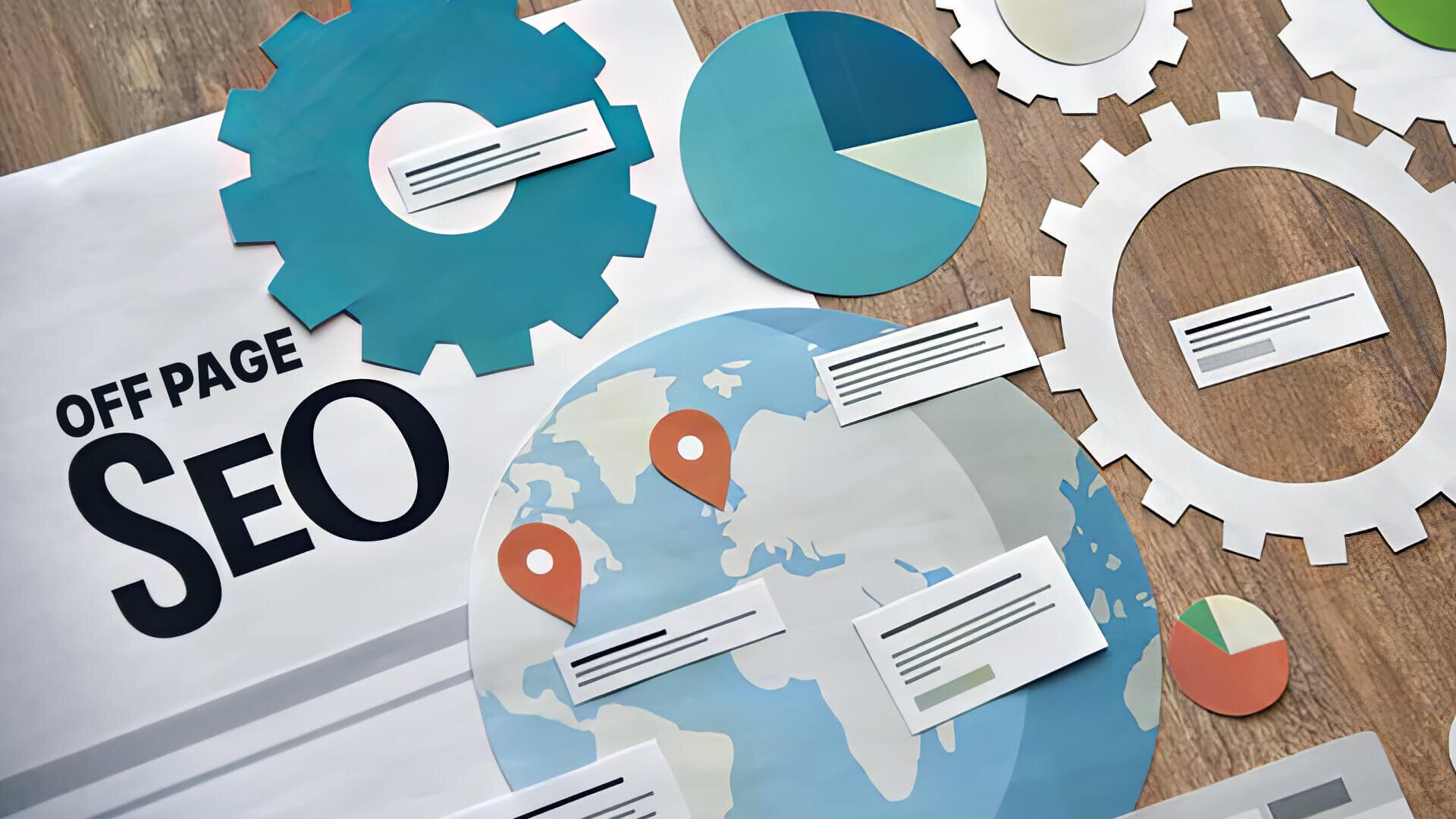
These days, marketers use a variety of SEO tactics. Among them is off-page SEO, a strategy proven to boost rankings on search engine results pages. Yet, many website owners aren’t fully aware of what truly influences off-page SEO success.
That’s why we have discussed these factors in detail here. So, read on if you want to improve your site’s ranking in search results!
What Is Off-Page SEO?
Before we get to the main discussion, let us give you a brief idea of what off-page SEO is and how it differs from on-page SEO. This will help you to grasp the content we have discussed here much more clearly.
In simple terms, off-page SEO includes all the external activities that help improve your site’s ranking on search engine results pages (SERPs). By external activities, we refer to third-party websites that mention your pages or link them directly. Therefore, it does not involve links or mentions on your site.
For example, if you own a retail website, and an independent blogger mentions your site in their articles, that is an off-page SEO strategy. Since you do not need to include links or updates on your site, it is highly convenient. Likewise, the strategy helps to generate a lot of organic traffic with little effort.
Is Off-Page SEO The Same As Link Building?
Many people believe that off-page SEO is the same as link building, so they use these terms interchangeably. But contrary to popular belief, these two are different, as off-page SEO goes way beyond just earning backlinks from other sites. Yes, getting backlinks from high-authority sites is a part of this strategy, but it is not the only thing determining off-page SEO success.
You need to ensure the quality of the content on your site; otherwise, you won’t be able to retain the interests of the visitors. Think of it as a word-of-mouth marketing strategy commonly observed in offline brick-and-mortar business cases.
When your content hits the mark, others naturally market it for you, giving you a valuable advantage over competitors. Positive chatter about your site and its content compels search engine algorithms to take notice, boosting your rankings.
Apart from that, several other factors determine the success of your off-page SEO strategy, as we have discussed in the following section.
Factors That Determine Off-Page SEO Success
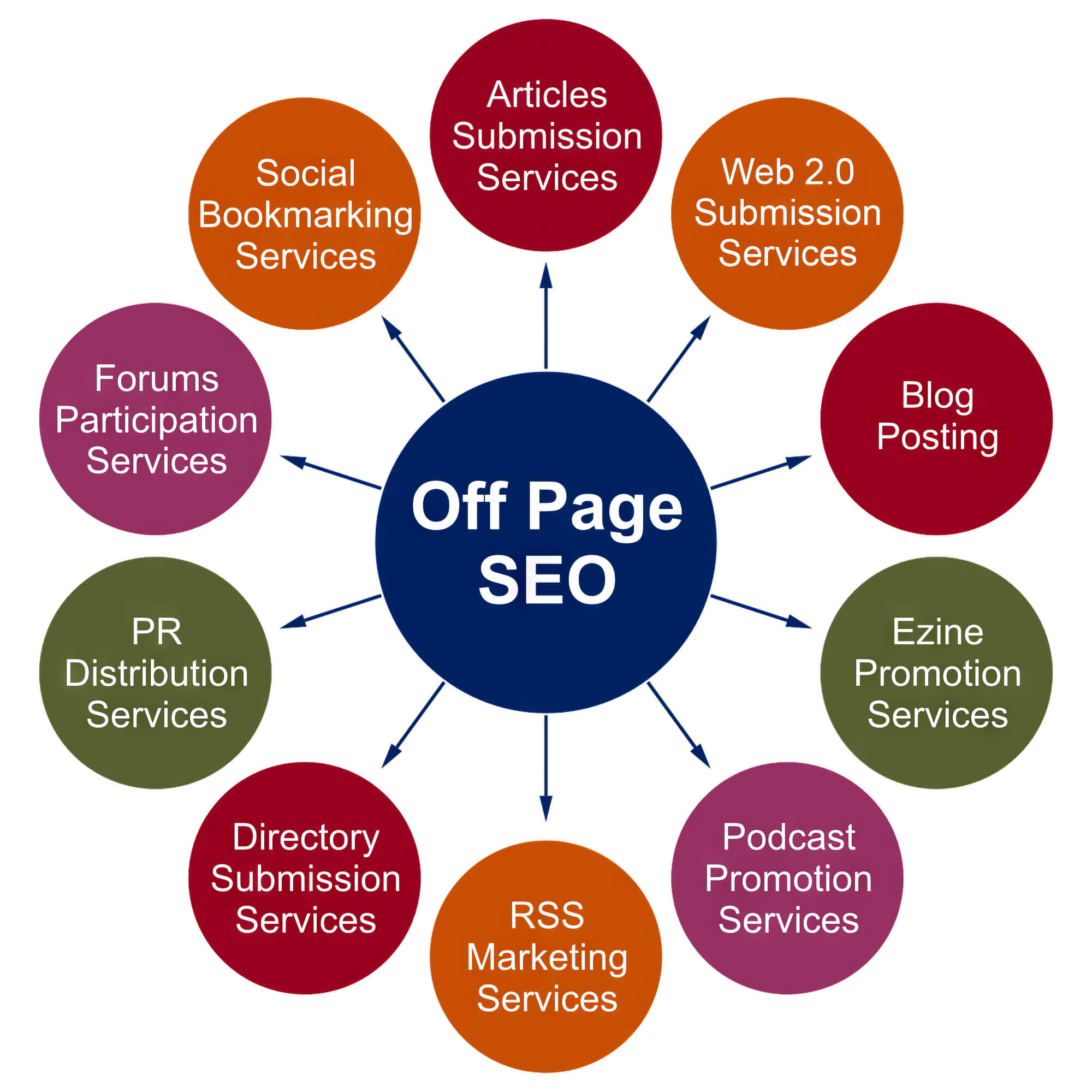
1. Authority
Authority is a direct Google ranking factor that holds high importance in off-page SEO. It indicates how influential the third-party website is, especially regarding search engine rankings. A website with high authority will get better ranks for your pages on search engines than low-authority sites.
The site’s authority is determined by several metrics, such as the age of visitors, its popularity, the trust level, and the number of links used. So, a website with high link-building activity will get a higher rank in search engine results and vice versa.
Here, we focus on three different forms of authority: domain authority, page authority, and link authority. The first one determines the ranking power of the domain or website as a whole. Subsequently, the second specifies the power of a single web page on a site, while the third determines the authority of the page link.
All these three forms use the metrics mentioned above to improve the search engine ranking. That said, the link authority depends on the page authority since the link leads to a particular page of the website.
2. Relevance
Relevance is another key factor in off-page SEO. It ensures your backlinks come from pertinent pages and websites. Major search engines, like Google, examine the external content and see how well it aligns with yours. This correlation plays a crucial role in determining search rankings, ultimately helping users find the information they need.
That is why you should double-check the relevance of the backlinks, or your ranking will be affected. For instance, if your site offers personal care products, your links will only be relevant when included in sites that deal with similar effects. So, if your link is included in a blog dealing with plumbing articles, it will not be relevant.
3. Number Of Backlinks
Besides authority and relevance, the total number of backlinks is also important. This ensures that your website can reach the highest number of users in the shortest possible time.
If your webpage has a high number of backlinks, it means that a large number of domains have referred to your site. Each backlink acts like a vote of confidence in the site’s favour, which improves its search rankings in the long run.
On that note, if the referring domains are of high quality and have good relevance and authority, it will further improve the rank on SERPs. Conversely, if the quality of the external sites is not as good, your site’s ranking will improve only by a small margin.
4. Anchor Text
The anchor text is the word or phrase used to create a hyperlink on a webpage. While it is a seemingly minor aspect of creating a backlink, it is key in improving a site’s search engine ranking.
This anchor text gives the search engines an idea about the content on the linked page. In that context, if the linked page’s content is relevant to the anchor text, it will get a higher ranking in search results pages.
Let’s say you have a website related to fashion and clothing products. So, if an external website or blog creates backlinks to your site, they will be much more effective if the anchor text includes a primary keyword like “fashion” or “clothing.”
That will allow the search engine algorithms to verify the content of the links, thereby improving the search ranking. But if the anchor text contains no relevant keywords, it will negatively affect the rankings.
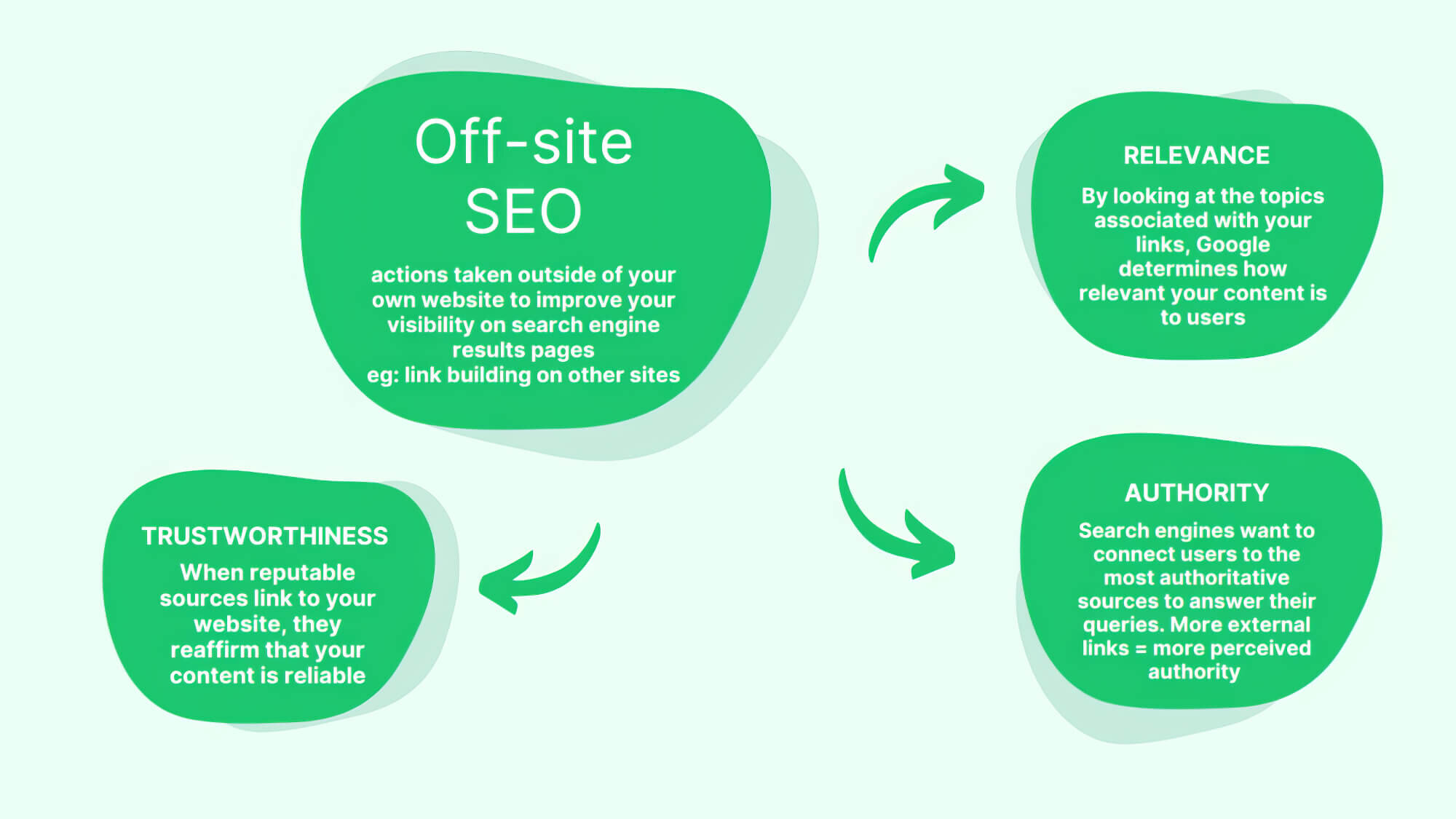
5. Brand Mentions
The off-page ranking factors mentioned above are primarily associated with link-building. Now it’s time to move on to more generic factors, starting with brand mentions. As you can guess, this is the number of times a brand is mentioned on other sites.
In this regard, only mentioning the brand is enough, and there is no need for any linking. It is a measure of how popular a particular brand or website is. So, suppose search engine algorithms notice multiple mentions of your brand across different high-quality sites. In that case, it can enhance branded searches, and your website will automatically be ranked higher in the SERPs.
That is why you will notice the names of renowned brands high up in the results when you search for something on Google (or other search engines, for that matter). If you create brand awareness through online or offline campaigns, your brand’s popularity will improve, which means more mentions from other websites.
You can also improve the reputation and popularity of your brand by offering high-quality products and services. Or, you could collaborate with other companies and websites to increase the number of times your brand is mentioned on web pages. All of these will ultimately improve the search rankings.
6. Brand Reviews
In addition to brand mentions, online reviews play a vital role in off-page optimisation. Maintaining a positive image is essential, and reviews offer a platform for users to share their experiences with your brand or site.
If your customers leave tons of positive reviews about the brand, it will boost its rankings in search results. However, the reverse is also possible, where negative reviews left by customers will decrease search result ranks. So, you must provide high-quality products and services to help you get positive feedback from visitors.
This holds immense significance for local business establishments, such as restaurants, bars, etc. Such establishments rely heavily on local search traffic, so they must ensure that the reviews are good. Otherwise, they will not rank in search result pages, negatively affecting the business.
7. Social Shares
Social media platforms are popular these days, which makes them an essential factor for off-page SEO success. Most search engines emphasise social media metrics, such as likes, comments, follows, etc.
If a social media post has good user engagement, it has many likes and comments. And if it has high engagement levels, it is an indicator of quality content, improving its search engine ranking.
8. Citations
This is another crucial factor that determines the effectiveness of your off-site SEO. Citations typically include the name, address and phone numbers (NAPs) of your business that are included on external sites. Search engines often check these citations to ensure that the information provided is accurate and up to date.
If your off-site citations are consistent, your business is reliable and authentic, improving search rankings.
How Can You Improve The Effectiveness Of Your Off-Page SEO?
Understanding why off-page SEO is important is the first step in leveraging these factors to your advantage. Well, that’s what this section is all about, for it describes some effective off-page SEO techniques that can considerably improve your search engine rankings. So, if you are curious, then keep reading!
1. Improve The Link-Building Process
This is the most effective strategy that you can use to improve your off-page SEO success. Proper link-building is vital to ensure high ranks in SERPs, especially considering how search engine algorithms work.
The first thing to keep in mind when building links is quality. Aiming for quality backlinks from authoritative and relevant websites is beneficial, as they can drive organic search traffic to your site. Aside from that, ensure that your linkable assets contain relevant and up-to-date information. Ensure to remove any broken links or irrelevant links to maintain your website’s integrity and enhance user experience.
Another effective link-building strategy is to utilise broken link-building. This involves identifying links that no longer work and replacing them with new, relevant ones. Most backlinks are naturally set to “follow” by default, providing a seamless pathway to the target webpage. This is important, as it helps search engines to rank your content higher on the results page.
In addition, you should ensure that the anchor text feels natural and not forced, which helps build quality links. For this purpose, you can conduct keyword research to develop relevant keywords and phrases.
2. Focus On Brand Building
Alongside link-building, emphasising brand development is crucial. Strengthening your brand will lead to more mentions and, in turn, better search rankings.
To do that, you can undertake brand awareness campaigns and partnerships, as we have mentioned before. You can also use strategies like guest posting to draw attention to your brand.
Simply put, guest posting or guest blogging is a practice where you create content for another company’s website. In this situation, you are the guest writer, and your primary objective is to generate awareness about your brand through the guest post.
Guest posting works best if the external website has high authority and popularity. That way, more people will be able to see your post, naturally driving more traffic. You can even add backlinks to your guest post to improve its effectiveness.
Over time, you will notice more brand mentions if you follow the abovementioned tactics. It will give your website the right amount of boost in search rankings. In this regard, you can use tools like Google Trends to check how the brand mentions have improved.
3. Engage In Influencer Marketing
Influencers are a major game-changer in the modern digital marketing landscape. They are individuals or groups with massive fan followings on social media platforms. So, any endorsements from these influencers can generate considerable brand interest.
When creating brand awareness through influencers, there are two different approaches that you can follow. One of them is to provide high-quality products or services that renowned influencers across different social media platforms will eventually notice.
It might take a bit of time to catch the attention of influencers, so you need to be patient with this approach. However, the payoff is quite rewarding since it helps to drive organic traffic to your website. Once they feature your brand on their social media channels, it will generate considerable search interest, naturally improving ranking on SERPs.
The other approach to influencer marketing is to sponsor some of the content made by these individuals or groups. This is a more direct approach that helps to generate brand awareness in a short time. Conversely, it is much more expensive, so it might not always be feasible, especially for smaller websites and brands.
Nevertheless, the results produced are almost the same as the previous approach since the sponsored posts by these influencers create a lot of public interest. As such, your brand mentions going up considerably, which causes the search engine algorithms to rank your pages higher.
4. Expand Your Social Media Presence
Developing a solid social media marketing plan can improve brand awareness and increase off-page SEO success. It is an excellent alternative for businesses that cannot engage in influencer marketing. Following both of these strategies for your website or business will get the most effective results.
You can set up social media pages for your business on multiple platforms to reach the most people. For example, if your business has a page on Facebook, you can only reach out to the customers on that particular platform, which limits your reach.
So, it would be best if you expanded it by opening pages on other social media channels, such as Instagram, Twitter and YouTube, to name a few. This will also make your brand visible to the users on these platforms.
In addition, you will need to engage with your customers regularly. You can do that by creating relevant posts on your social media pages from time to time, responding to comments made by others, answering messages and so on. You can include links that lead back to your website to maximise your off-page optimisation. As such, you will draw more users to the site through your posts.
That will help to build a positive impression of your brand among customers. And when that happens, the brand’s popularity and authority will increase, which will help it rank higher in the SERPs.
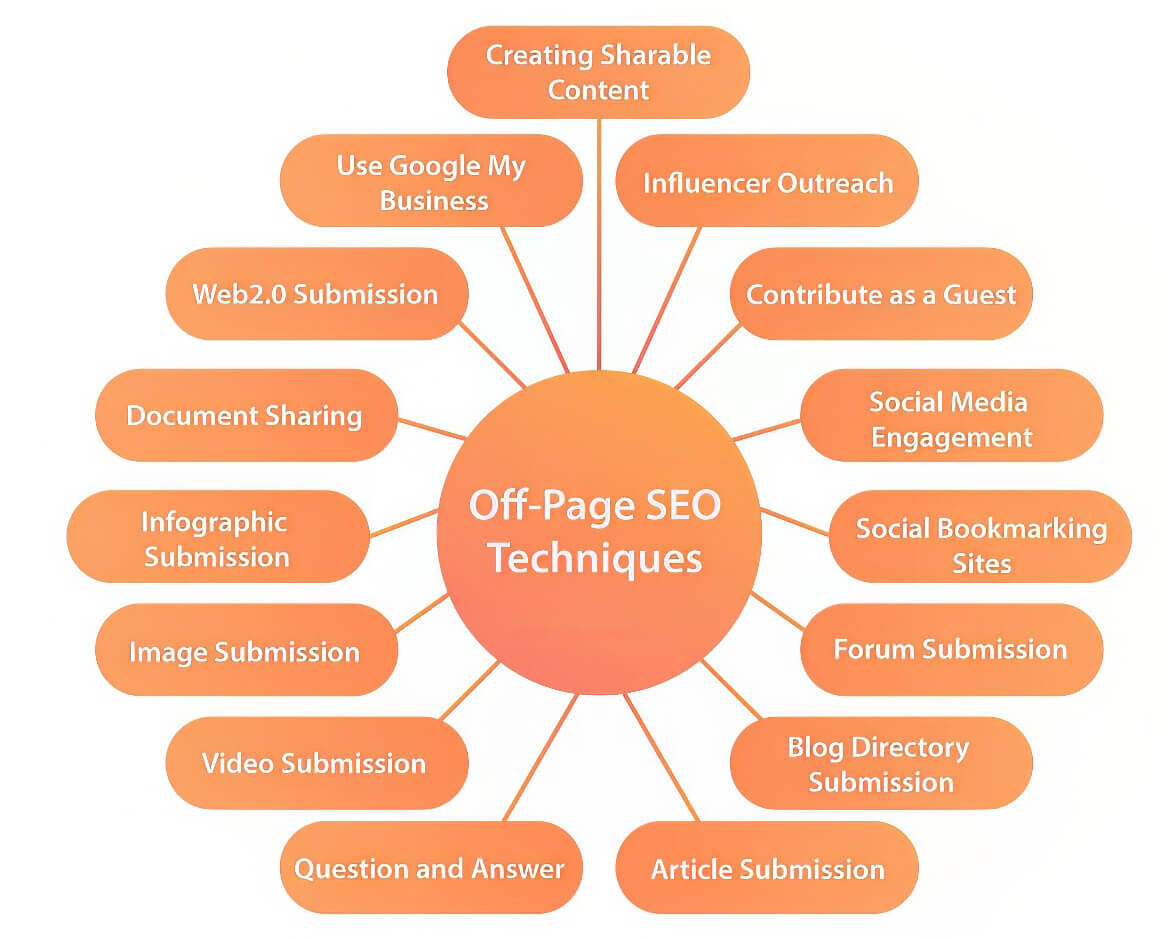
5. Use A Google Business Profile
If you want to improve your rankings in Google search results, using a Google business profile for your off-page tactics should be a no-brainer. When someone searches for local businesses, these profiles are usually the first ones on search results. This means that your business automatically boosts rankings, provided that you optimise your profile correctly.
With such a profile, you get access to the Google My Business platform, where you can share important information about your business with Google. This information includes names, addresses, phone numbers, websites, and other crucial data that help determine the authenticity of your business.
The search engine algorithms only list verified business profiles on the results pages, so if the information you provide is accurate, your business will rank pretty high. Besides, it will make your business easily accessible to searchers. In other words, they can contact your business directly to gather information or to buy products and services. This improves user convenience, which increases the likelihood of a conversion.
6. Make Use Of Forums
Utilising online forums and discussion platforms is an effective off-page SEO strategy, believe it or not! These channels contain many active users, meaning you can improve your brand’s visibility if you post on these sites frequently.
However, it would be best to refrain from unnecessarily spamming your site links on these platforms, as that may have the opposite effect. These forums are a channel for constructive communications between users, so spamming links, regardless of their quality, goes against this entire idea.
Thus, if you take a more proactive approach, you can make the most of these forums. You can actively participate in conversations with other users, which will build a positive impression of your brand. Furthermore, you can answer the queries of others if the topic is within your area of expertise.
The primary idea here is to improve user engagement, which will help improve brand popularity. Adopting a comprehensive strategy to achieve that will make improving your rank in SERPs easier.
7. Engage In Content Marketing
The consensus regarding content marketing is that it can only be used as an on-page strategy. This is because it involves creating content posted on your site. But that is not entirely true since you can also use it as an off-page tactic.
To do that, you can make guest posts on other websites, as mentioned earlier. You can also create other types of off-page content that can help with your SEO efforts.
For instance, you can generate user surveys, create reports and infographics, and write whitepapers and ebooks. When making such content, use the relevant links and keyword phrases to help the search engines rank your content. And always prioritise content quality, as that will encourage more people to read and share your content.
8. Improve Your Brand’s Public Relations (PR) Systems
PR is a marketing strategy that determines how information is disseminated to the public. PR and SEO have been seen as two different marketing disciplines for the longest time. But this distinction is slowly fading as more businesses adopt a digital business model.
Today, most business information is provided through online channels, which is why it can be regarded as an effective off-site SEO strategy. With the help of a well-planned PR campaign, you can improve your brand’s popularity and authority, which will eventually help to improve rankings on search results.
Besides, it can boost the transparency of your brand, which is something that consumers always appreciate. It also generates referral traffic from other sites, which further improves your site’s rankings.
How Is Off-Page SEO Different From On-Page SEO?
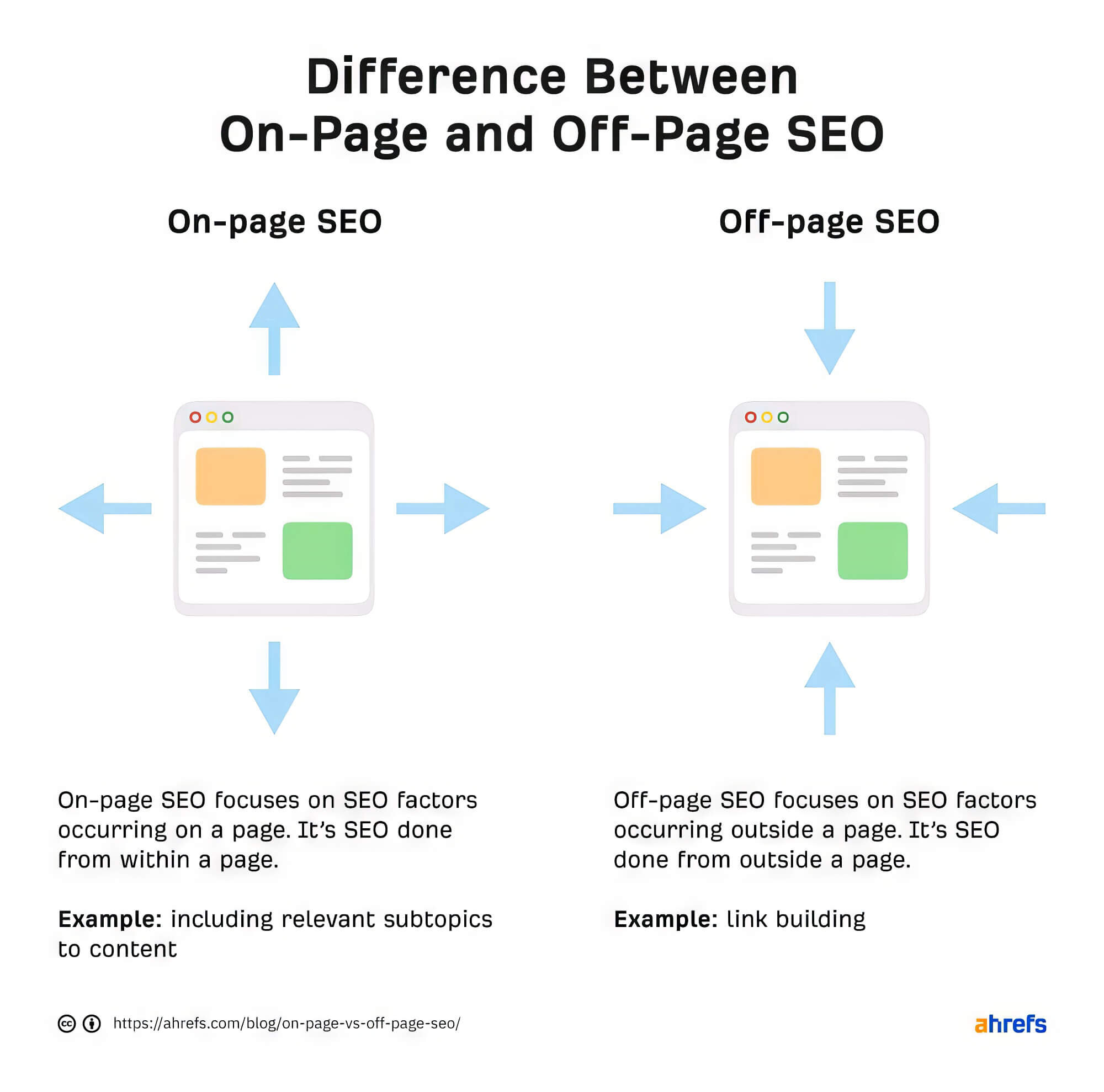
After going through the above information, what makes off-page SEO different from its on-page counterpart? Well, the biggest point of difference is that on-page SEO is done entirely on your website, whilst off-page SEO refers to the actions taken on every other website except your own.
Therefore, the factors determining on-page SEO success differ slightly from the off-page factors. They focus more on building your website than building your inbound links and brand awareness.
You need to ensure that your on-page content is relevant and interesting, which can keep users engaged. Likewise, you must concentrate on your website’s overall look and feel so that users may find it attractive.
That said, both off-page and on-page SEO is necessary to ensure success. If your on-page optimisation is poor, people will have difficulty navigating your website or finding useful information from there. That will drive your ranking down, no matter how good your off-page strategies are.
Off-Page SEO Factors
This guide aims to underline the significance of off-page SEO efforts and their impact on your site’s rankings. We have also provided some techniques and strategies you can follow to improve your off-page optimisation. These techniques are highly useful if you just have a new website.
Related Off-Page SEO Guides
Master off-page SEO:
Handling and managing SEO strategies for small businesses can be demanding in terms of resources. Besides, some of these tasks, such as building links, maintaining citations, and managing on-page activities, are highly technical.
This is where sitecentre® can help you, for we have a team of SEO experts in Melbourne. If you get in touch with us, we can help you with most off-site SEO tasks, such as link building, citation management, brand mentions, etc.

